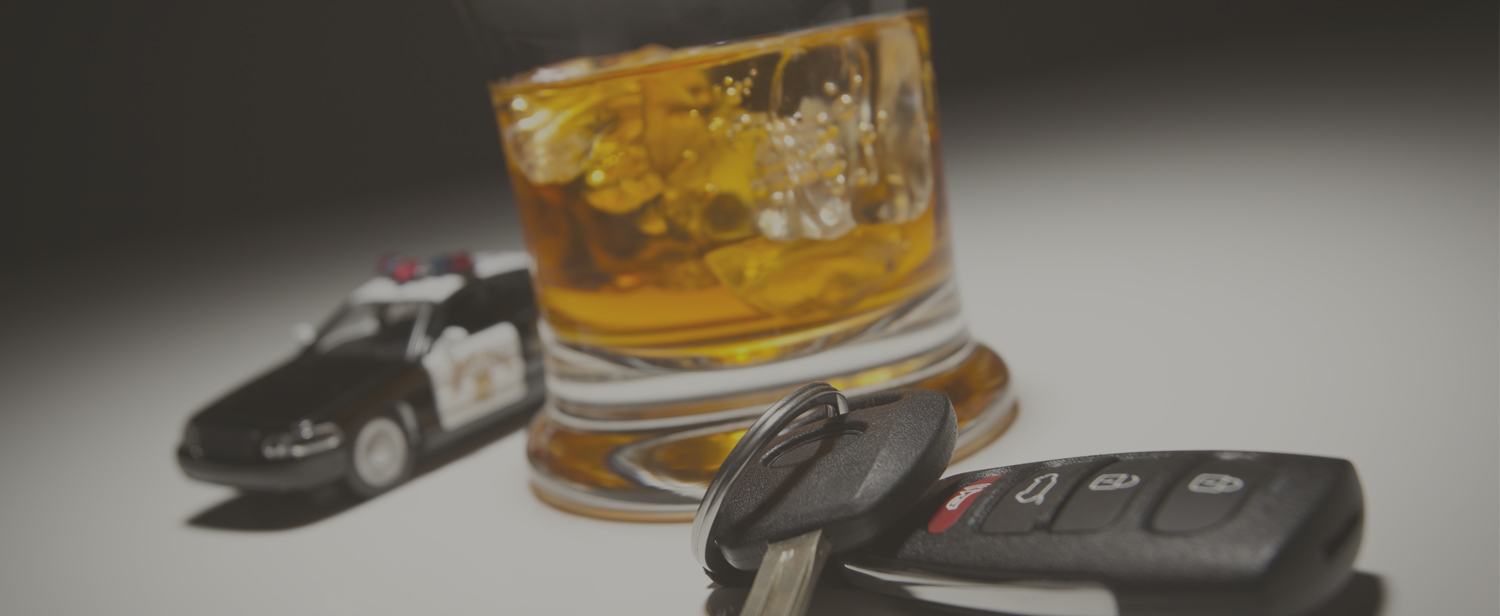When it comes to DUI cases in Oceanside, CA, the field sobriety test is an essential tool used by law enforcement to determine if a driver is impaired. This test consists of a series of physical and cognitive tasks that assess a person’s coordination, balance, and mental alertness. However, many people are unaware of the potential consequences of refusing or failing a field sobriety test. In this blog article, we will explore what happens if you refuse the field sobriety test, what happens if you refuse the breathalyzer test, common faults in field sobriety tests, and when you should contact a lawyer.
What Happens If I Refuse the Field Sobriety Test
Refusing to take a field sobriety test can have serious implications. In California, when you obtain a driver’s license, you give implied consent to submit to a chemical test if you are lawfully arrested for driving under the influence. This means that refusing the field sobriety test can result in an automatic suspension of your driver’s license. Additionally, it is important to note that refusing the field sobriety test may not necessarily prevent you from being arrested. Law enforcement officers can still make an arrest based on other evidence of impairment, such as erratic driving, slurred speech, or the smell of alcohol on your breath.
It’s crucial to understand that refusing the field sobriety test does not guarantee that you will avoid a DUI conviction. Prosecutors can use your refusal as evidence of consciousness of guilt, which can be damaging to your case. In court, a prosecutor may argue that your refusal indicates you knew you were impaired and that you were attempting to avoid incriminating yourself. Therefore, it is essential to consult with an experienced DUI defense attorney if you find yourself in a situation where you have refused a field sobriety test.
What Happens if I Refuse the Breathalyzer Test
In addition to the field sobriety test, law enforcement officers often request a breathalyzer test to measure your blood alcohol concentration (BAC). Similar to the field sobriety test, refusing the breathalyzer test can have severe consequences. In California, refusing to take a breathalyzer test can result in an automatic suspension of your driver’s license under the state’s implied consent laws. The length of the suspension can vary depending on your prior DUI history. For a first-time refusal, your license may be suspended for one year, with longer suspensions for subsequent refusals.
It is important to note that refusing the breathalyzer test does not mean that you will avoid a DUI conviction. Prosecutors can still use other evidence, such as the officer’s observations, witness statements, or video footage, to establish your guilt. However, refusing the breathalyzer test may make it more challenging for the prosecution to prove your BAC level beyond a reasonable doubt. It is crucial to consult with a knowledgeable DUI defense attorney who can evaluate your case and explore potential defenses.
Common Faults in Field Sobriety Tests
Field sobriety tests are not foolproof and can be subject to errors or misinterpretation. Several factors can influence the accuracy of these tests, such as an individual’s physical condition, nervousness, or adverse weather conditions. Some common faults in field sobriety tests include:
Unreliable indicators: Certain physical indicators, such as bloodshot eyes or an unsteady gait, can be attributed to factors other than alcohol impairment. Medical conditions, fatigue, or even allergies can produce similar symptoms, leading to false interpretations.
Officer bias: Law enforcement officers are human and may have their own biases that can influence their assessment of your performance on the field sobriety test. It is crucial to have an attorney who can challenge any biased or subjective interpretations made by the officer.
Improper administration: Field sobriety tests require specific instructions and conditions to be conducted accurately. If an officer fails to give clear instructions, fails to account for physical impairments, or conducts the test in an unsafe environment, it can impact the validity of the results.
Understanding these common faults can help you and your attorney build a strong defense against DUI charges based on field sobriety tests.
When Should I Contact a Lawyer
If you have been arrested for DUI in Oceanside, CA, it is essential to contact a lawyer as soon as possible. The consequences of a DUI conviction can be life-altering, including fines, license suspension, mandatory alcohol education programs, and even jail time. An experienced DUI defense attorney can review the details of your case, assess the validity of the field sobriety test, challenge any procedural errors, and develop a strong defense strategy tailored to your situation.
Remember, time is of the essence when it comes to DUI cases. The sooner you involve a lawyer, the better your chances of achieving a favorable outcome. A skilled attorney can guide you through the legal process, protect your rights, and work towards minimizing the potential consequences of a DUI charge.
In conclusion, understanding the implications of refusing or failing a field sobriety test in Oceanside, CA, is crucial if you find yourself in a DUI situation. By being aware of your rights, consulting with a knowledgeable attorney, and understanding common faults in field sobriety tests, you can navigate the legal system with confidence and work towards the best possible outcome for your case.br/>
Remember, it is always recommended to consult with a legal professional for personalized advice based on your specific circumstances.
